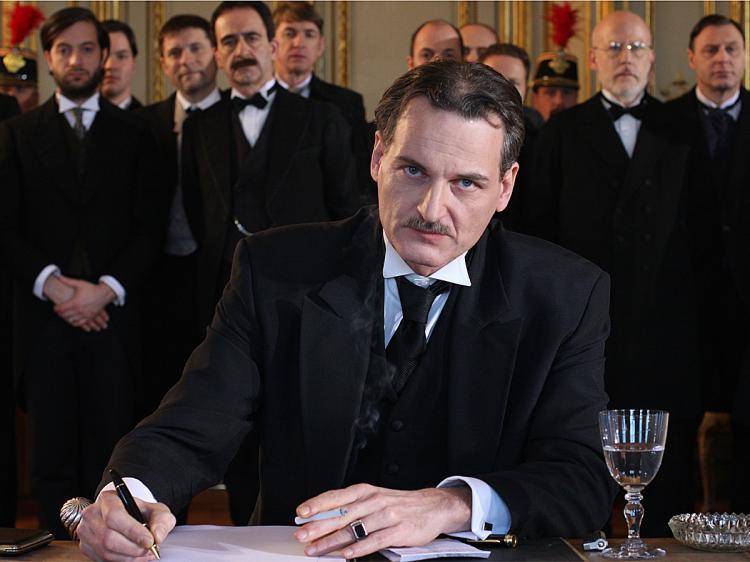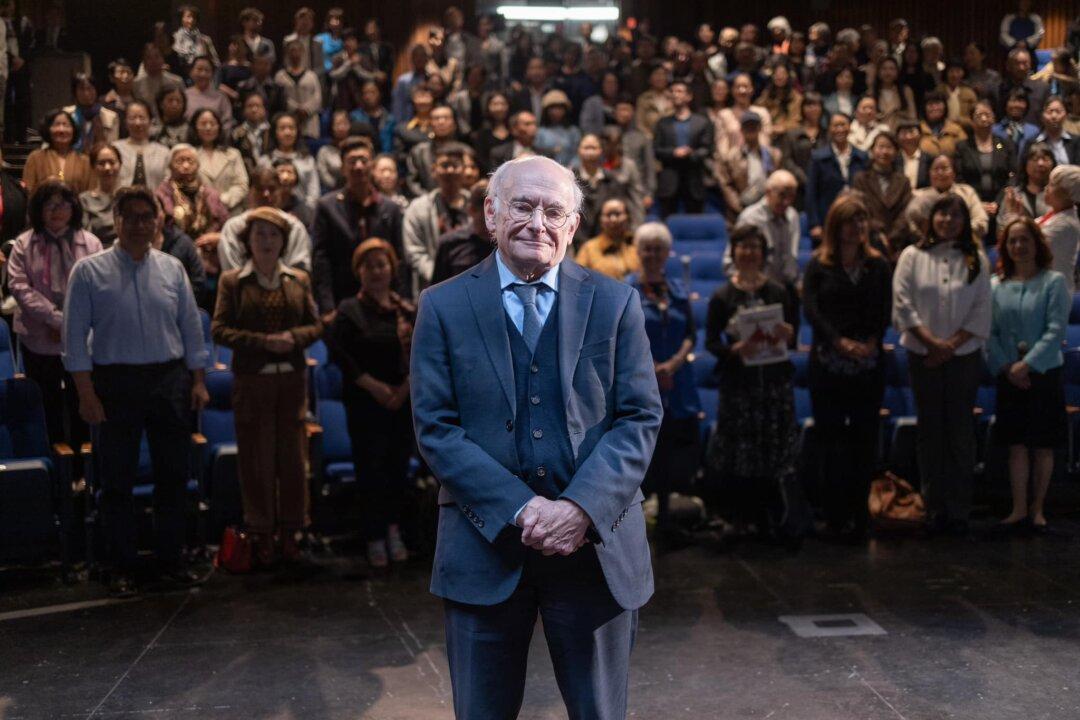Drafting a peace treaty, however, proved much more difficult than fighting a war. The resulting settlement (The Treaty of Versailles, June 28, 1919) effectively redrew the map of the world, and its impact has since shaped national and international relations. This is the premise of award-winning Canadian director’s Paul Cowan’s docudrama Paris 1919, which made its North American debut at the Hot Docs Canadian International Film Festival this weekend.
“[The Peace Conference] is as relevant today as it was back then when these people thought they could actually make a peace of all time,” said the director who introduced the film on Friday night, adding that today we have yet to learn from such past lessons.
“I am thrilled to see this film,” said the Minister of Culture Aileen Carroll who attended the premiere with her husband. Carroll, a Hot Docs fan praised the festival’s contribution to Ontario’s economy and filmmaking scene. “Hot Docs is just the best documentary festival in the world,” she said.
Based on Canadian historian Margaret MacMillan’s award-winning book Paris 1919: Six Months that Changed the World, the film tackles the difficulties of drafting a peace treaty, particularly when the men drafting it were less concerned about peace and cooperation, than about fulfilling their own agendas.
Produced by the National Film Board of Canada, the documentary focuses on the three key decision-makers (the Allied victors), French President Georges Clemenceau, British Prime Minister David Lloyd Geroge, and US President Woodrow Wilson. To a lesser extent Japan’s representative Saionji Kimmochi, and Italy’s Vittorio Orlando are also featured.
All countries who had been in support of the Allies were promised their share of geographic rewards and thus the pressure on the three decision makers to satisfy these promises while attending to their own agendas was significant.
Clemenceau wanted security and protection for his country, Lloyd George wanted to protect the British navy, and Wilson held on tightly to his dream of a League of Nations. Despite their different plans, they all wanted to punish Germany both economically and psychologically for its role in initiating the war, a decision that would be an important contributing factor to the rise of Hitler and the Second World War.
Through the medium of the docudrama, director Paul Cowan combines rich archival footage such as pictures and film clips (gathered from over 15 countries) and with dramatic re-enactments of the events. The film makes use of a variety of techniques, including close-ups, stills, music and narration to convey the pressure and intensity the diplomats faced in navigating the complexities of the peace treaty.
While the film’s portrayal of the diplomats is rather one-dimensional, what comes across is the film’s theme of showcasing the limitations self-interest places on a peace treaty. The seriousness of having the fate of the world lie in the hands of a few imperfect individuals is strongly conveyed.
The Hot Docs Canadian International Film Festival, the largest documentary film festival in North America runs from April 30-May 10 in Toronto. For more details, visit www.hotdocs.ca






